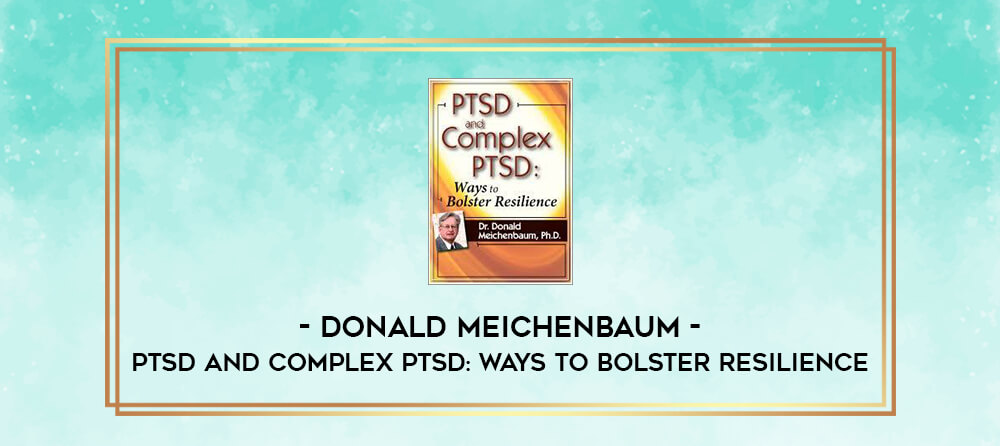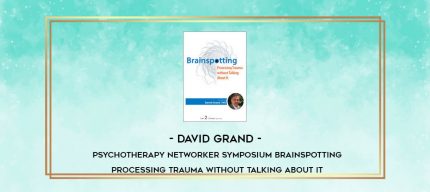Course Description
PTSD and Complex PTSD: Ways to Bolster Resilience – Donald Meichenbaum

Evidence shows that 75% of individuals who experienced traumatic and victimizing experiences demonstrate resilience and in some instances, experience Post Traumatic Growth. In contrast, the other 25% demonstrate persistent adjustment problems and may receive diagnoses of PTSD or Complex PTSD and related psychiatric disorders. In this recording, Dr. Meichenbaum will discuss what distinguishes these two groups and the assessment and treatment implications. He will begin with a critique of the concept of PTSD and a critical review of the “state of the art” of treating traumatized and victimized clients.
He will highlight the benefits of tailoring psychotherapeutic interventions to the major emotional state of the client, be it prolonged and complicated grief, guilt, shame, anger and moral injuries. He will conclude with a discussion of specific ways to bolster client and families resilience.
- Critique the concept of PTSD and evaluate the -state of art of treatment alternatives and what are commonalities across various treatment approaches.
- Implement evidence-based interventions for PTSD, Complex PTSD and Prolonged and Complicated grief reactions.
- Bolster resilience in several domains (physical, interpersonal, emotional, cognitive and behavioral)
- What distinguishes the 75% of individuals who evidence resilience versus the 25% who evidence persistent adjustment difficulties following trauma experiences and the implications for assessment and treatment
- Constructive Narrative strengths-based treatment approach for PTSD and Complex PTSD
- Tailor interventions to meet the client’s emotional needs of complicated grief, guilt, shame, anger and moral injuries
- Specific ways to bolster resilience and the neurobiological correlates of positive emotions
- Put it all together in a Phase-oriented treatment approach























Reviews
There are no reviews yet.